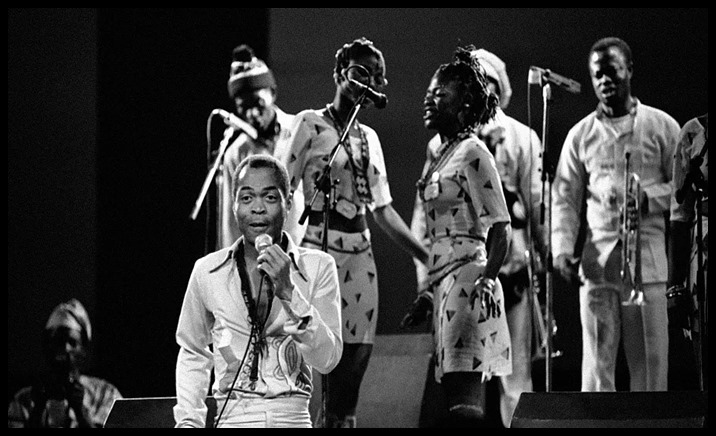
Music festivals have become powerful platforms for cultural exchange, fostering connections and understanding among diverse communities. This article explores the significant role music festivals play in promoting cultural exchange, breaking down barriers, and celebrating the richness of global music and traditions.
Celebrating Diversity and Heritage
The festivals provide a unique opportunity to showcase and celebrate diverse cultures and their musical traditions. By featuring artists and performers from various backgrounds, festivals offer a space where different cultures can share their music, dances, costumes, and rituals. This celebration of diversity helps to break down stereotypes, challenge biases, and create an atmosphere of respect and appreciation for different cultural heritages.
Bridging Cultural Divides
Music festivals serve as bridges that connect people from different walks of life and cultural backgrounds. Attendees come together to enjoy music, dance, and artistic expressions that they may not have been exposed to before. The shared experience of enjoying music in a festival environment promotes understanding and empathy, fostering connections that transcend language, nationality, and societal divisions. Festivals create a sense of unity, reminding us of our shared humanity.
Cultural Exchange and Artistic Collaboration
It provide artists with a platform to collaborate and explore new musical territories. Musicians from different cultural backgrounds come together to create unique performances, blending their respective traditions and styles.
These collaborations often result in the creation of new music that fuses diverse influences, offering fresh sounds and expanding artistic boundaries. Through these exchanges, musicians learn from one another, exchange ideas, and deepen their appreciation for different musical traditions.
Preserving Traditional Music and Intangible Cultural Heritage
Music festivals play a vital role in preserving traditional music and safeguarding intangible cultural heritage. By featuring traditional musicians and performers, festivals provide a platform for these artists to showcase their artistry, ensuring that their traditions and musical practices are passed down to future generations. Festivals also raise awareness about the importance of preserving cultural heritage and inspire younger generations to take pride in their roots.
Promoting Dialogue and Understanding
It create spaces for dialogue and conversations around cultural diversity, social issues, and global perspectives. Through workshops, panel discussions, and interactive sessions, attendees have the opportunity to engage with artists, scholars, and activists, fostering a deeper understanding of different cultures and global challenges. These conversations stimulate critical thinking, promote empathy, and encourage attendees to become active participants in creating a more inclusive and tolerant society.
Conclusion
Music festivals have the power to transcend borders, language, and cultural barriers. They create spaces where diverse communities can come together, celebrate their differences, and embrace their shared humanity. By promoting cultural exchange, music festivals contribute to a more interconnected world, fostering mutual respect, understanding, and appreciation.











